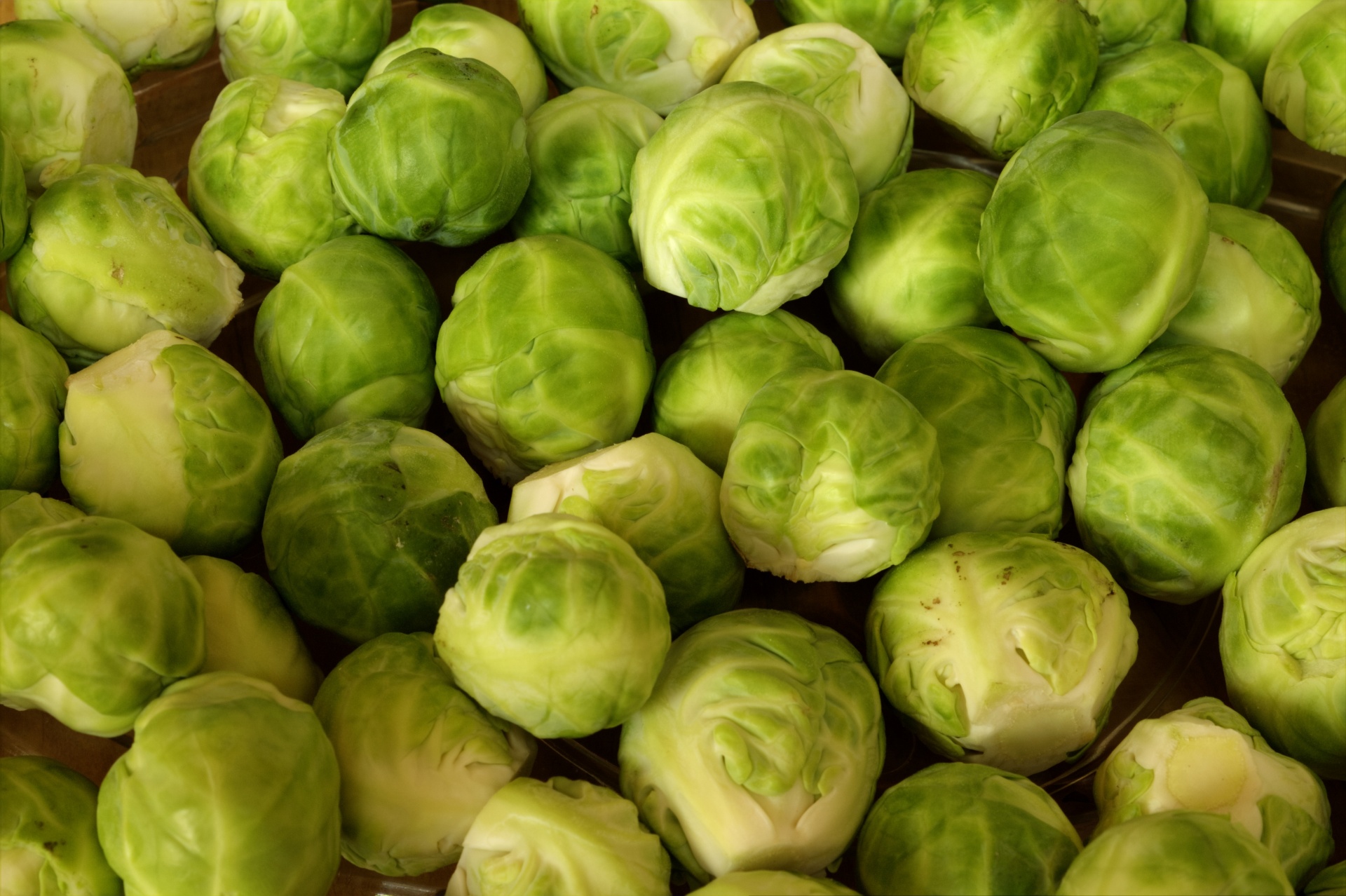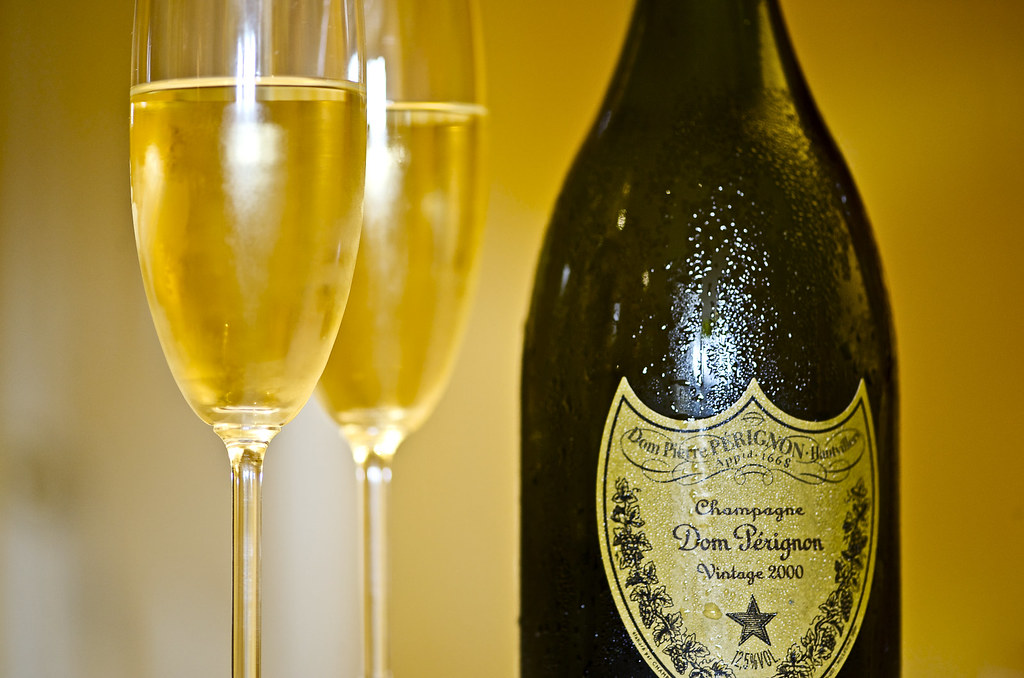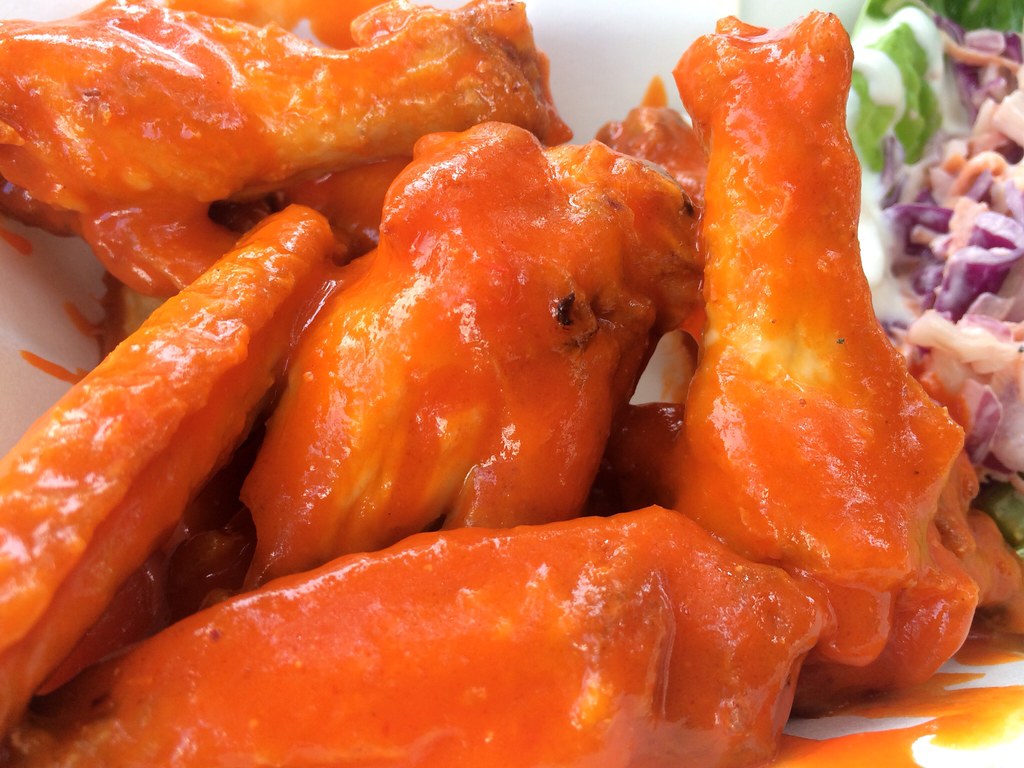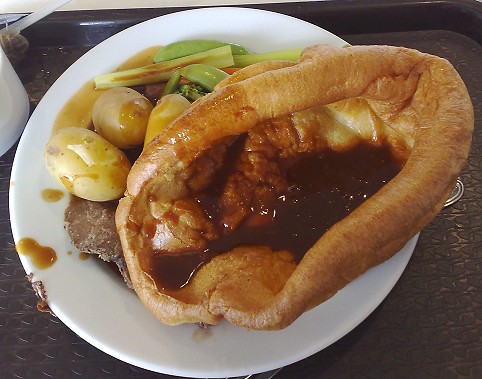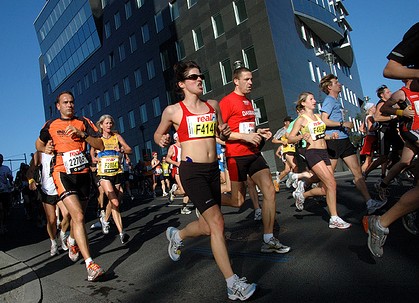
Hello folks,
This week I've been home alone... and it's been a boring weekend, to be honest. This has prompted me to write a post about nostalgia. This word can be defined as your wistful desire to come back to one's homeland (or friends or family). From nostalgia, we have the adjective 'nostalgic' and the adverb 'nostalgically'. Let's explore different ways of mechanisms to convey this same meaning:

1. Homesick
The term 'nostalgia' is not very common in everyday English. However, the adjective 'homesick' is quite common. It's one of my favourite words and it is really specific. You feel sick when you are far away from your home. Isn't it cool? From the word 'homesick' we have the noun 'homesickness', which can be considered as a synonym for 'nostalgia.'
2. Melancholia
This word isn't common either in everyday English. What is then the difference between 'nostalgia' and 'melancholia'? Well, the term 'melancholia' is somehow linked to a negative feeling of depression. You feel depressed because you miss your homeland. From 'melancholia', we have the adjectives 'melancholic' and the noun 'melancholiac' (a person suffering from melancholia).
3. Wistful
This word is far more common than 'melancholic'. It is said of a person who is longing for something.

4. Miss
This verb is outstandingly common in English. You miss something or someone when you regret the absence or the loss of something. Thus, you can miss your partner, your family or you can miss doing something, for example, playing with your friends.
5. Remember (+ -ing)
In familiar English, you can use the verb 'remember' following by the gerund when you recall something in the past. In my case, I fondly remember playing hide-and-seek with my friends.
6. Yearn for / long for :
You can use these verbs when you have a strong desire to do something. You can yearn for the love of your mother, for example. 'Yearn' is a bit outdated, though.
From the verb 'long' we have the noun 'longing', which means desire.
7. Regret + -ing / mourn for:
These verbs have negative connotations. They indicate that you are sorry for something you did in the past, something which you can't undo now, for instance, you regret not spending more time with your children when they were little, or you mourn for your dead.
Well, if you're living abroad and you're homesick, now thanks to this entry you can express that feeling in many different ways. If you want, please have a look at my other entries related to English vocab. See you around.

